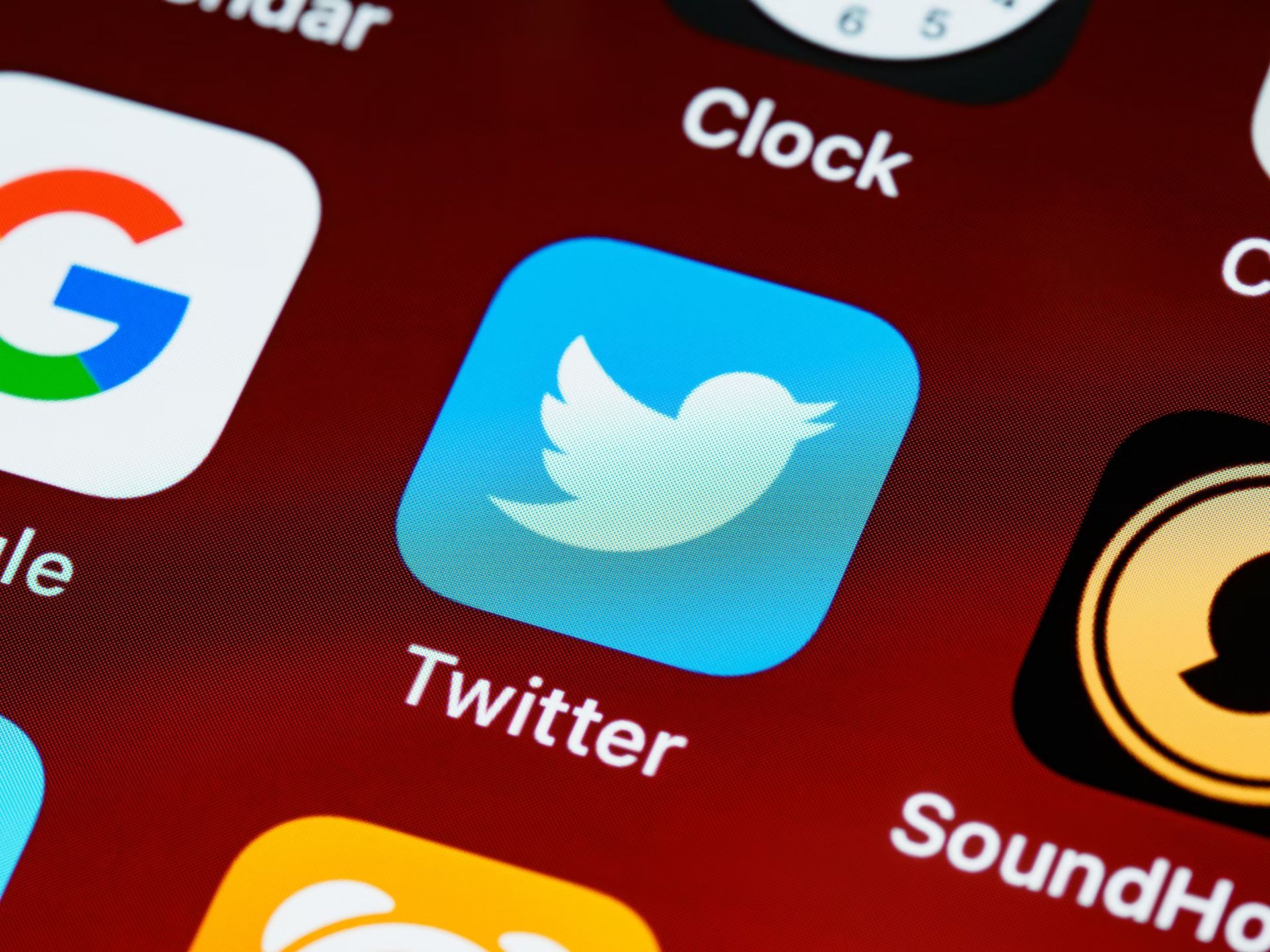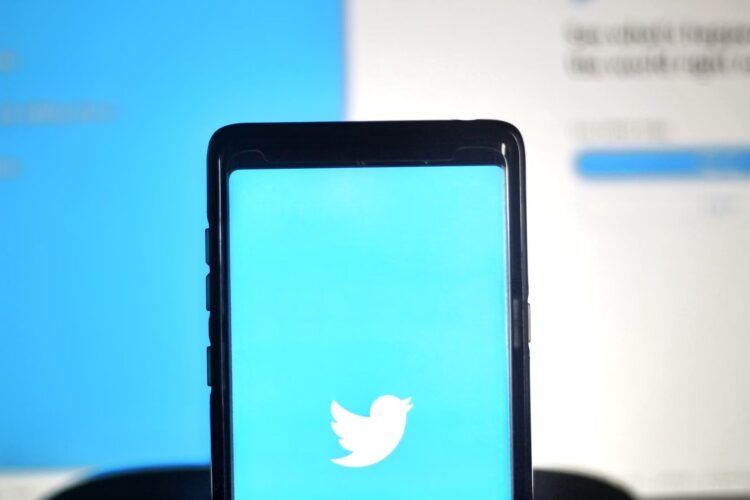- Twitter has introduced new labels to identify potentially ‘hateful’ tweets, in response to criticism from multiple media organizations over its labeling policies.
- The labels, which are an update to the company’s approach to policy enforcement, will be visible to both the tweet author and other users on Twitter, and will make tweets with the labels less discoverable on the platform.
- Twitter plans to expand the labels’ application to other policy areas in the coming months, and the company hopes that these new labels will make enforcement actions more proportional and transparent for everyone on their platform.
Twitter has faced criticism from multiple media organizations over its labeling policies, prompting the Elon Musk-led social media company to introduce new labels to help identify tweets that may be potentially ‘hateful.
In response, Twitter has announced that it will add publicly visible labels to tweets that have been identified as potentially violating their policies, letting users know that their visibility has been limited. This is an update to the company’s approach to policy enforcement, with visibility filtering being one of the existing enforcement actions that allows the platform to move beyond the binary “leave up versus take down” approach to content moderation.
Twitter will use two types of labels – Author label and Viewer label – which will display which policy the tweet has potentially violated to both the tweet author and other users on Twitter. These labels currently only apply to tweets that potentially violate Twitter’s Hateful Conduct policy, but the company plans to expand their application to other applicable policy areas in the coming months.
Tweets with these labels will be made less discoverable on the platform, and there will not be any ads adjacent to content that is labeled. Twitter has said that this change is designed to result in enforcement actions that are more proportional and transparent for everyone on their platform.
If Twitter has labeled any tweet for violating its policy, the author of that tweet will be able to submit feedback if they believe their tweet has been incorrectly limited. However, submitting feedback does not guarantee authors will receive a response, or that the labeled tweet’s reach will be restored. Nonetheless, the company is working on addressing these issues.

According to research from the Institute of Strategic Dialogue (ISD), anti-semitic tweets doubled from June 2022 to February 2023. The report also found an increase in takedowns of such content, but they were not said to be enough to keep pace with the surge.
Twitter hopes that these new labels will make enforcement actions more proportional and transparent for everyone on their platform. Nonetheless, the company has faced criticism from media organizations, with the US-based National Public Radio (NPR) announcing its departure from the microblogging platform due to Twitter’s “government-funded media” tag.
When asked about the prevalence of hate speech and misinformation on Twitter in a recent BBC interview, Elon Musk responded, “I don’t,” and asked for specific examples of hateful content.
Twitter’s decision to introduce new labels to help identify potentially ‘hateful’ tweets is a clear effort to address criticism of its content moderation policies. With the expansion of these labels to other policy areas in the coming months, it will be interesting to see how effective they are in improving transparency and proportionality in Twitter’s enforcement actions.
However, it remains to be seen whether these new labels will be enough to address concerns about the prevalence of hate speech and misinformation on the platform. The rise in anti-semitic tweets, as highlighted by the Institute of Strategic Dialogue (ISD) report, is just one example of the ongoing challenges facing social media companies when it comes to content moderation.
Twitter’s decision to limit the visibility of tweets with these labels could also raise questions about the platform’s commitment to free speech. While it is important to address harmful content, it is equally important to ensure that legitimate speech is not unfairly suppressed. Did you know that Twitter Circle tweets are not private as you think?





